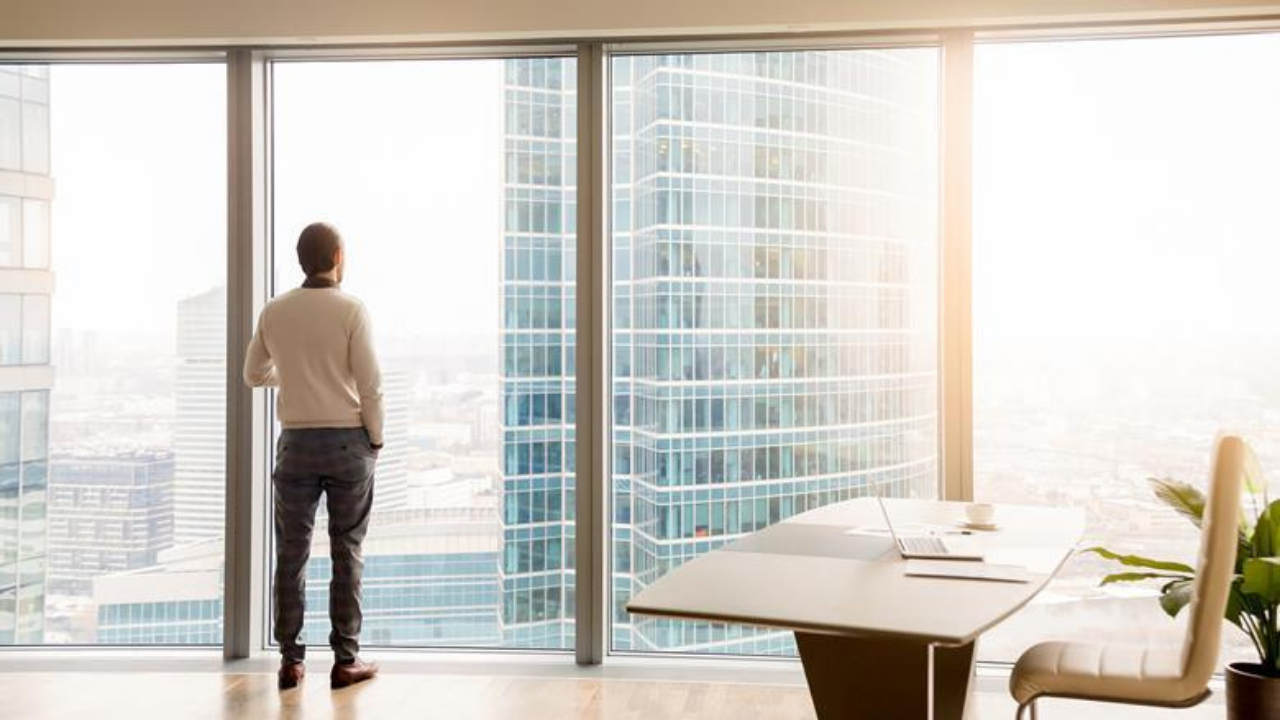Prior to the pandemic, the idea of the office already had its fair share of challenges. However, the concept of the future of work was expected to address those issues and transform work culture as we know it through flexibility and technology.
Now that millions of people have been forced to work from home for an indefinite amount of time, there is officially no turning back to how things were.
Companies now have the responsibility to consider the distinct role that the office plays moving forward, as well as how they can accommodate flexibility and technology.
For organizations who will continue offering remote working positions, leaders should look into adopting satellite offices in suburban areas to provide a safe alternative workspace for employees who may not have an ideal home office environment.
Additionally, and most importantly, companies need to have a precise strategy on how to keep their physical workspaces healthy and safe. Implementing sanitation stations, touchless technology and distanced work stations are a good start, but it should go beyond just physical health.
With research indicating an uptick in mental health problems as the pandemic persists, business leaders should also ensure that their employees are being emotionally supported throughout these difficult times. This can be done through regular check-ins, hosting virtual happy hours to keep colleagues connected and offering mental health support programs.















